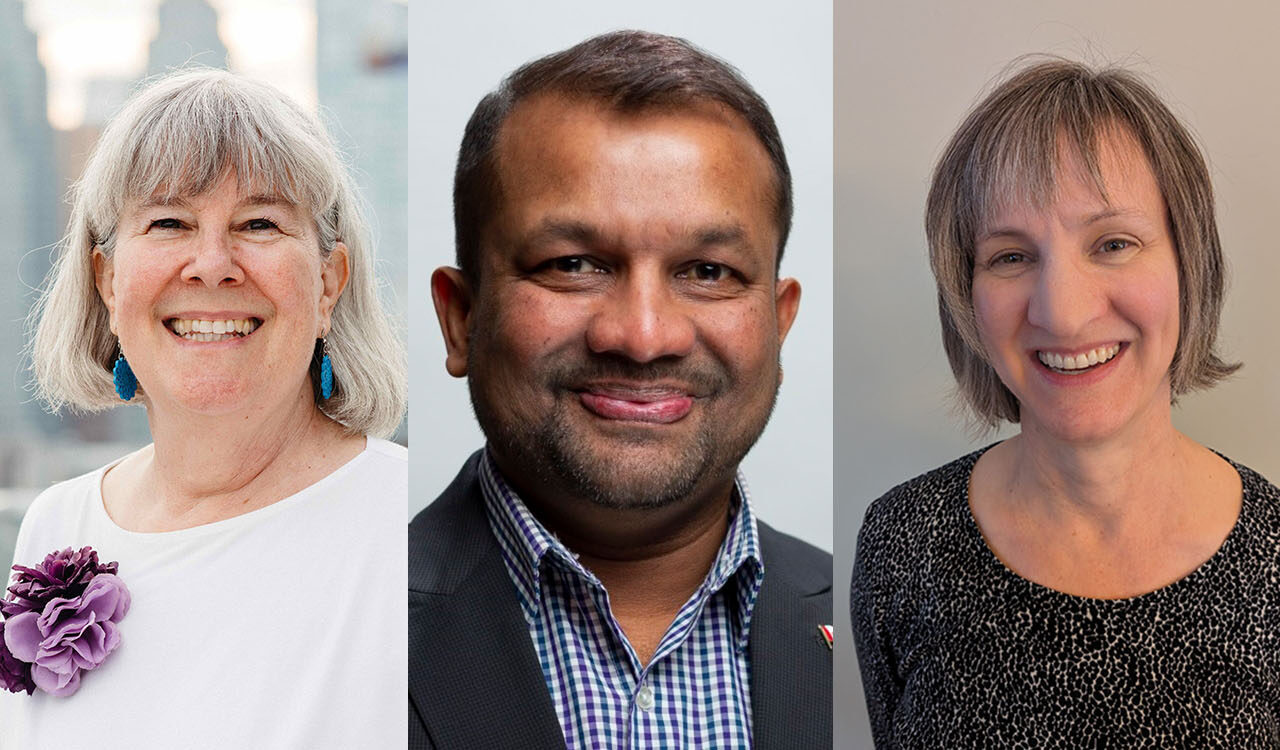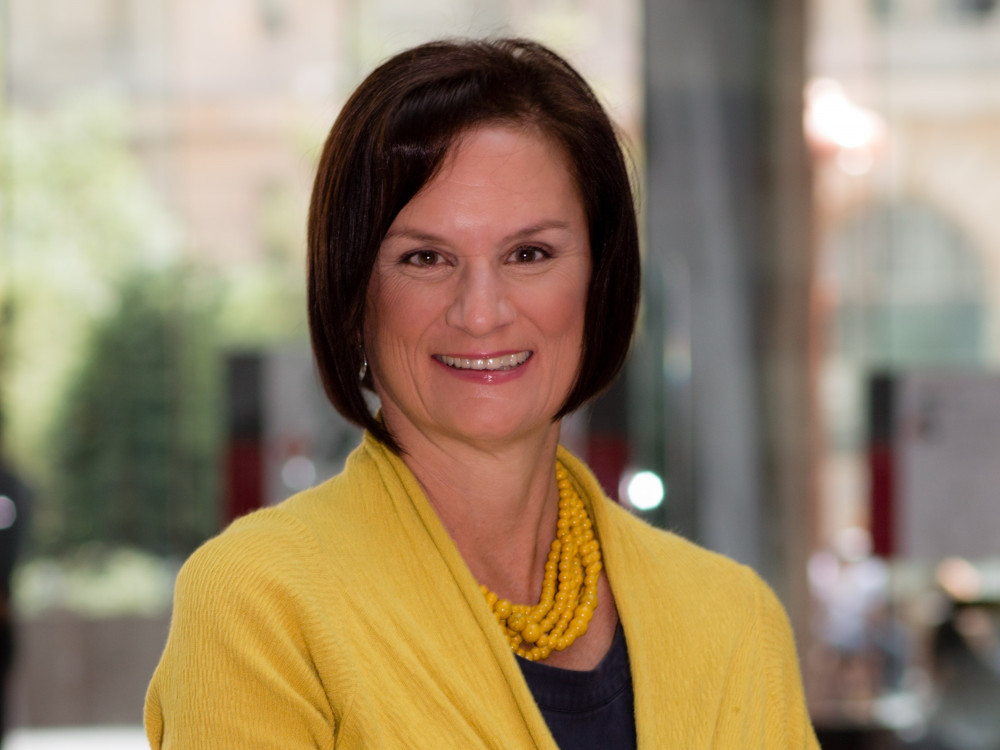A recent House of Commons Standing Committee on Finance recommendation has people talking about the connection between religion and philanthropy. The recommendation that the government amend the Income Tax Act to provide a definition of a charity that would remove the privileged status of “advancement of religion” as a charitable purpose has some religious groups in Canada feeling unfairly scrutinized. Some say it is yet more evidence of the decline of religious affiliation throughout the country.
But what about major donors who feel compelled to give based on their faith? Some report a sense of alienation from their non-religious peers, to the extent that they may underplay or simply avoid talking about their religion when it comes to philanthropic activities, choosing instead to keep their faith private—and quiet.
Recent data show that for most individuals who incorporate religion into their wealth stewardship, there’s much more to it than a tax benefit. A study published last December by the Cardus Research Centre found that the value of contributions made by religious groups to their communities is 10.5 times greater than the amount of tax exemptions they receive.
As Canada continues to report a growing number of “religious nones,” we talked to philanthropy experts who work with religious-oriented donors about how wealth stewards can work through the precariousness they may feel when it comes to complex questions around faith and philanthropy.
Ann Rosenfield, Principal, Charitably Speaking
Ann Rosenfield is an award-winning consultant who guides major donors, including those of Jewish faith, through decision-making around wealth stewardship.
Why might a philanthropist feel trepidation about revealing faith-centred reasons for how they shape their philanthropic initiatives?
Many philanthropists are very private people. They prefer to keep their personal lives and beliefs out of the spotlight. This is one reason why people give anonymously.
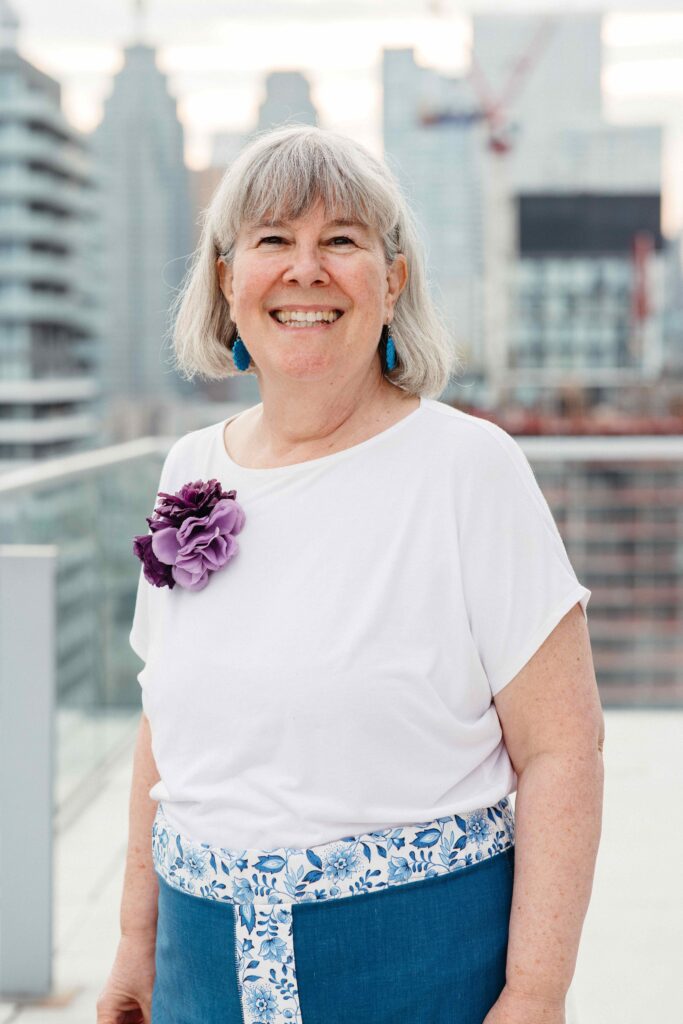
What kind of scrutiny might philanthropists face in today’s secular world?
Faith is a very personal matter. I know a respected philanthropist with a 25-year record of giving in the broad health sector who was criticized for making a single gift connected to their faith. That person has an important track record for giving that was overlooked. Social media creates a super-heated environment in our society that can cause great help, like the Ice Bucket Challenge that raised millions for ALS, but it can also cause stupid harm.
How is this harmful for the philanthropist over time, if they potentially hide their religious faith to avoid scrutiny around their family foundation?
Canadian philanthropy will suffer if people are less engaged in their faith tradition. Consistent research from Statistics Canada shows that philanthropic giving, volunteering and regular participation in religious practice are closely tied. If people are less active in faith, they are going to be less active in helping and giving. That is bad for Canada.
What steps might an ultra-high-net-worth family take to incorporate their religion into their personal philanthropic choices without shame?
I don’t find that people of faith are ashamed of their religion. They are appropriately cautious about their personal privacy. Those who are concerned about privacy may wish to consider moving the assets out of a family foundation and into a donor-advised fund with their local community foundation or into a foundation within their faith tradition.
Irshad Osman, Development Professional, Inclusive Philanthropy, and Khateeb, Danforth Islamic Centre
Osman has extensive experience in corporate fund raising and oversees fund-raising portfolios for ultra-high-net-worth individuals and groups, including helping people of Muslim faith to support local and international causes.
Why might a Muslim philanthropist feel nervous about sharing their religious motivations for charity?
In the current conflict-ridden geopolitical climate, suspicions abound about the faith-motivated actions of others—especially if they belong to the warring parties. So, I can understand when Muslim philanthropists in Canada are cautious about openly talking about their faith when it comes to their charitable work. Among Canadians in general, and in the mainstream charitable sector in particular, Islamic philanthropy is still less understood for what it truly entails. This leads to stereotypes, misconceptions and suspicions about Muslims’ giving, instead of recognizing it as a divinely mandated religious practice among them to support the needy and uplift the vulnerable locally and globally.
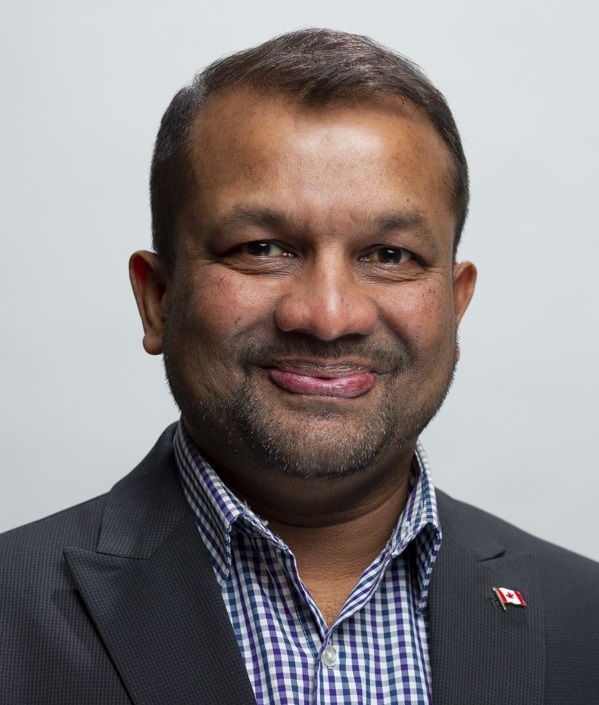
Muslim philanthropists may worry that disclosing the faith-based reasons for their large donations could trigger investigations, suspicions or fearmongering by media. So, to avoid unwanted attention, they may choose to mention universal values instead of specifically Islamic ones. Since Islamic normative directives encourage anonymous giving and link it to the highest form of spiritual practice, Muslim philanthropists do not feel pressured to disclose their major gifts in conflict-ridden environments.
It must be mentioned, however, that Islam places utmost importance on ‘sincere intention’ (Ikhlas in Arabic). Prophet Muhammad’s statement that all ‘actions are assessed and rewarded by their intentions’ highlights that the goal of every action should be to attain Almighty God’s pleasure. Hence, our intentions for anonymous giving should be to avoid public praise, self-pride and preferential treatment, not fear of external factors.
What kind of scrutiny do philanthropists face today?
All philanthropists today face way more oversight than they used to. Muslim philanthropists are no exception. In fact, they face even more regulatory, public and media oversight because of Islamophobia. In this context, their charitable activities increasingly face political scrutiny, particularly when they address ‘controversial’ social issues or support social justice advocacy or human rights causes that align with perspectives that are based on their core belief system. So, they encounter criticism from those who view their charitable donations as advancing particular ideological agendas.
Muslim philanthropists also have to navigate complex compliance requirements as demanded by regulatory bodies. Although the pressure put by these bodies to have greater transparency and measurable impact are commendable, the current climate and how these regulations are implemented create a less welcoming environment for Muslim donors to show their commitment to social causes. The heightened scrutiny around donating to overseas causes has pushed Muslim philanthropists to prioritize local causes where they have more accountability over their gifts. The local organizations also have greater fiduciary responsibility towards donors and the regulatory bodies. This, I think, is a positive outcome of such scrutiny, because Islam also emphasizes that Muslims will be questioned in the afterlife about ‘how they earned their income and where they spent it.’
How does hiding their faith hurt philanthropists over time?
When Muslim philanthropists consistently hide their religious motivations in fear of public or media scrutiny, it will lead to negative impacts in the long run. First, they lose the spiritual joy of giving. Because charity is not only about helping others, but about strengthening the relationship with the Almighty God. When that is stripped away, giving money becomes just another business transaction and stops being meaningful.
Second, charity in Islam has clearly defined guidance on whom to help and how to help—e.g., focusing on the most vulnerable, investing in education, supporting social welfare, tackling unfair systems, addressing root causes of poverty, injustice, etc. When philanthropists ignore this framework, they might fund things that don’t align with their actual values, but try to gain the validation of those who monitor them.
Third, hiding their faith disconnects the donors from their own community’s needs and fails to inspire other Muslims to give. This affects the overall impact of their philanthropy, since ‘collective giving’ is part of Muslim culture and faith-inspired practice to address the unique needs of the fast-growing Muslim community in Canada.
Fourth, hiding the religious reasons to give is a disservice to the diverse communal environment we live in. The EDIB (equity, diversity, including and belonging) framework is built with the purpose of learning about others with cultural humility and appreciating each other’s valuable contributions to the Canadian mosaic. When no one sees successful Muslim philanthropists talking openly about their faith, stereotypes and misunderstandings stick around, and the future generations will face the same challenges.
Finally, it is exhausting psychologically. Constantly hiding who we are as Muslim donors and what drives us spiritually and what motivates us to give creates stress and guilt. Over time, many such philanthropists would become less enthusiastic about giving since they cannot be authentic about their charitable giving and lose the core element of that sincerity towards Merciful God.
How can wealthy Muslim families incorporate their religion into their philanthropy without shame?
I would emphasize that Muslim philanthropists should not apologize for being Muslim. They can explain publicly how Islamic principles make them authentic and sincere donors who do not expect anything in return, not a word of praise nor a recognition plaque. They can talk about how their faith emphasizes dignity, fairness and long-term solutions. They can build private foundations to support causes to bring consistent and lasting changes.
While the foundation’s mandate can be aligned with Canada Revenue Agency regulations, the values Muslim families choose could drive their work and inspire others. By funding lesser-known grassroot-level causes and unique needs of the Muslim community, including understanding and building authentic relationships with other communities in Canada, Muslim families can show the deep impact of their faith-inspired philanthropy and how their faith guides foundation’s decisions.
Muslim philanthropists often shy away from telling their stories. I feel it is a missed opportunity because it can allay the fears and minimize the public scrutiny, because people connect with stories that resonate. This would also attract a whole network of Muslim philanthropists to join hands. They could also obtain evaluation data on the programs they support, showing how Islamic principles make their philanthropy more effective, not less, and create bigger impact, not less. Because data beats prejudice every time.
Lori Guenther Reesor, author, speaker, coach, Christian giving specialist
Reesor advises Christian donors regarding how their faith can be meaningful within wealth stewardship.
Why might a philanthropist feel trepidation about revealing faith-centred reasons for how they shape their philanthropic initiatives?
Polarization in both the secular and religious spheres might increase feelings of trepidation. I’d encourage donors and potential donors to bring clergy and other people of faith into their decision circles. Faith grows and develops in community, and so do our best decisions.
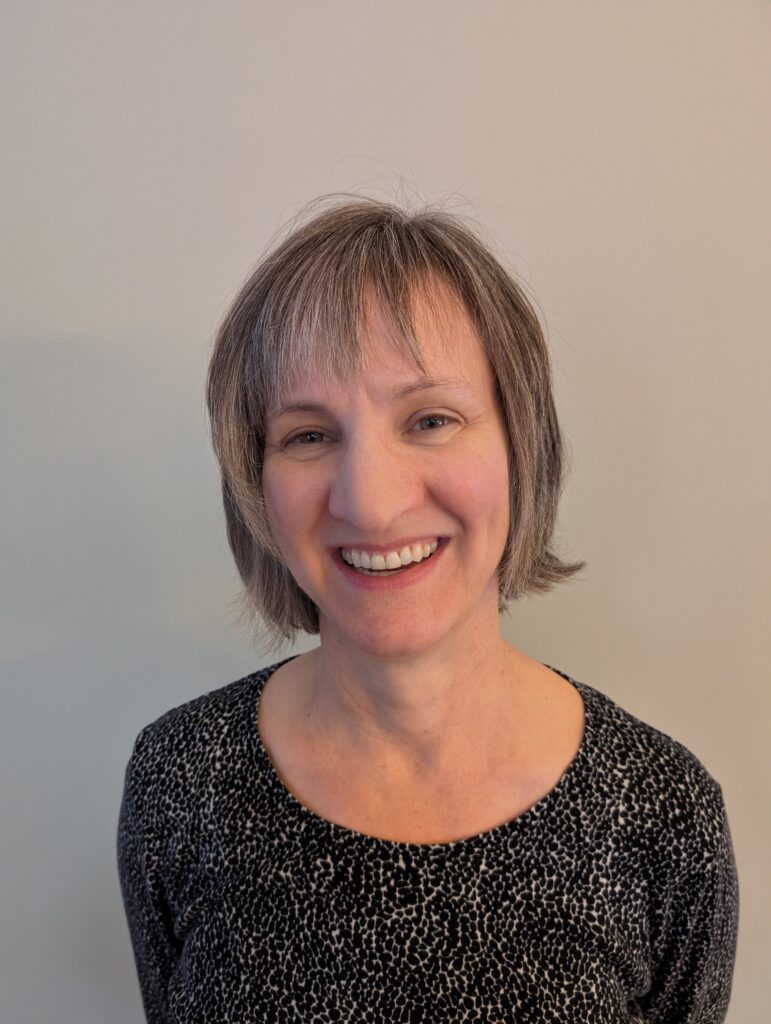
What kind of scrutiny might philanthropists face in today’s secular world?
I’m going to assume that a faith-based philanthropist believes in caring for people—all people, regardless of whether they share a common faith or similar political beliefs. I’m a Christian and in that tradition there’s something called Imago Dei, which means seeing people as being made in God’s image. When we operate in humility and love, with respect for others, perhaps we can see scrutiny as an opportunity to build trust and connection. Scrutiny means someone cares enough to ask questions.
How is this harmful for the philanthropist over time, if they potentially hide their religious faith to avoid scrutiny around their giving?
I’m trying to imagine a scenario where a family foundation considers hiding their religious faith in order to avoid scrutiny. Every faith tradition has people who have devoted their lives to prayer, to study, to gaining wisdom. Here’s an opportunity to invite those people into the conversation. Our faith extends beyond our own family and can only be enriched by discussions with our fellow believers.
What steps might an ultra-high-net-worth family take to incorporate their religion into their philanthropic choices without shame?
Talk to your people! Rabbis, priests, imams, spiritual teachers of all kinds—they can help here. It isn’t so much a money question as a theological question. We come into the world with nothing and we take nothing with us. What do we do in between? What is God asking us to do with the money temporarily entrusted to us?
I’m struck by the word ‘shame’ in your question. Money, family, religion, shame—all that’s missing is death, and probably that should be added as well. Bankers and financial advisors are fantastic, but to get into the full list of money/religion/family/shame/death, that’s deep into questions of faith. Widening the discussion to include counsel from trusted spiritual leaders and friends would be an excellent first step.
Get our new quarterly newsletter about philanthropy: Canadian Family Offices’ new newsletter brings you key insights, trends and expert perspectives on charitable giving, tailored to Canada’s wealth leaders and giving communities. Click here to subscribe now to stay ahead.
Please visit here to see information about our standards of journalistic excellence.

